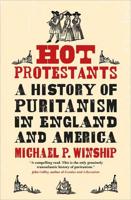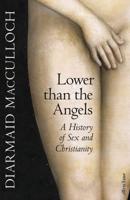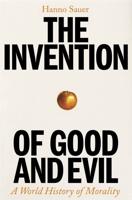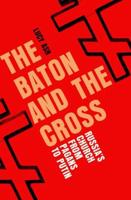Publisher's Synopsis
From the Shakers to the Branch Davidians, America's communal utopians have captured the popular imagination. Seventeen original essays here demonstrate the relevance of such groups to the mainstream of American social, religious, and economic life. The contributors examine the beliefs and practices of the most prominent utopian communities founded before 1965, including the long-overlooked Catholic monastic communities and Jewish agricultural colonies. Also featured are the Ephrata Baptists, Moravians, Shakers, Harmonists, Hutterites, Inspirationists of Amana, Mormons, Owenites, Fourierists, Icarians, Janssonists, Theosophists, Cyrus Teed's Koreshans, and Father Divine's Peace Mission. Based on a new conceptual framework known as developmental communalism, the book examines these utopian movements throughout the course of their development--before, during, and after their communal period. Each chapter includes a brief chronology, giving basic information about the group discussed. An appendix presents the most complete list of American utopian communities ever published. The contributors are Jonathan G. Andelson, Karl J. R. Arndt, Pearl W. Bartelt, Priscilla J. Brewer, Donald F. Durnbaugh, Lawrence Foster, Carl J. Guarneri, Robert V. Hine, Gertrude E. Huntington, James E. Landing, Dean L. May, Lawrence J. McCrank, J. Gordon Melton, Donald E. Pitzer, Robert P. Sutton, Jon Wagner, and Robert S. Weisbrot.
|Offering the first comprehensive history of Atlanta race relations, Ronald Bayor discusses the impact of racial bias on physical and institutional development of the city from the end of the Civil War through the mayorship of Andrew Young in the 1980s. Bayor explores frequently ignored policy issues through the lens of race--including hospital care, highway placement and development, police and fire services, schools, and park use, as well as housing patterns and employment.









